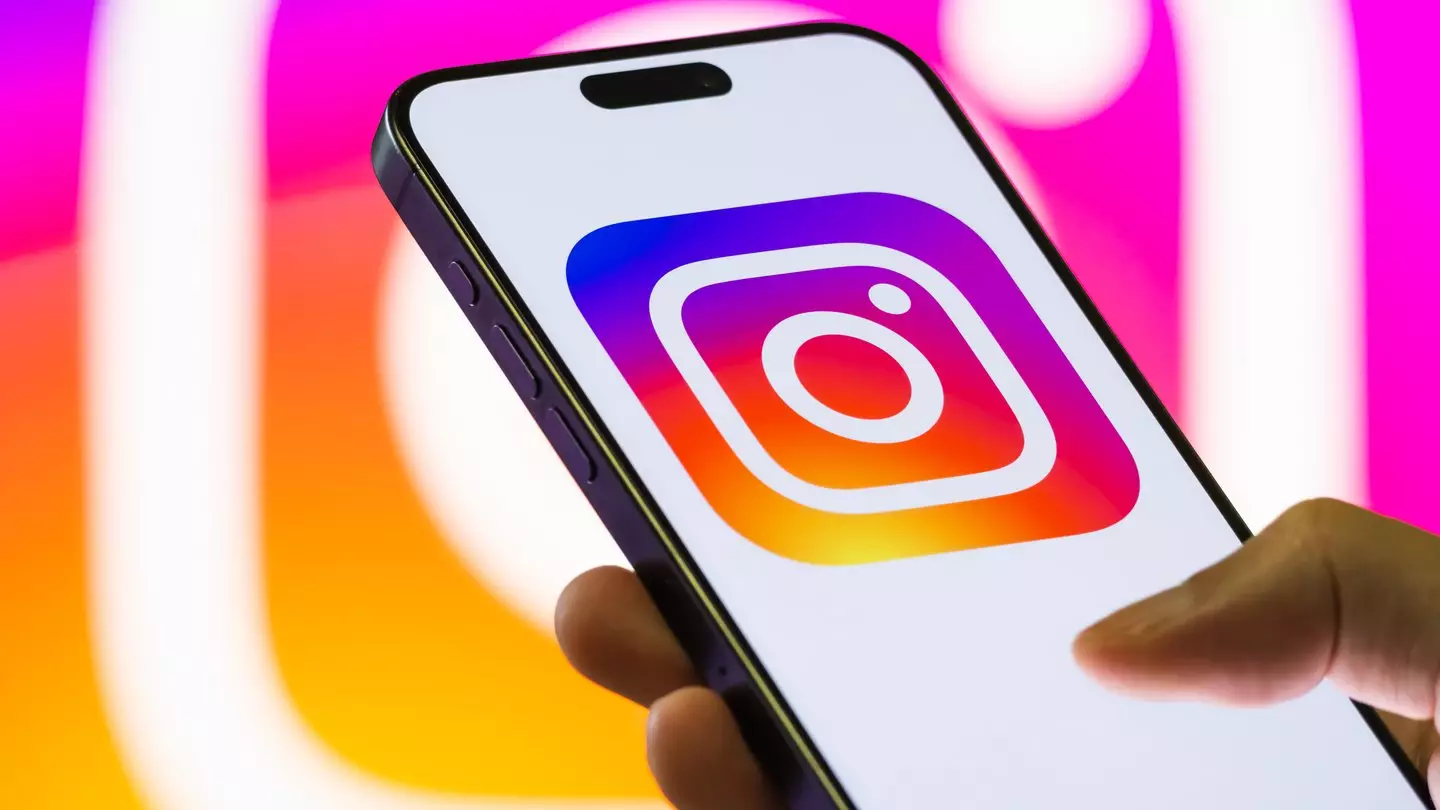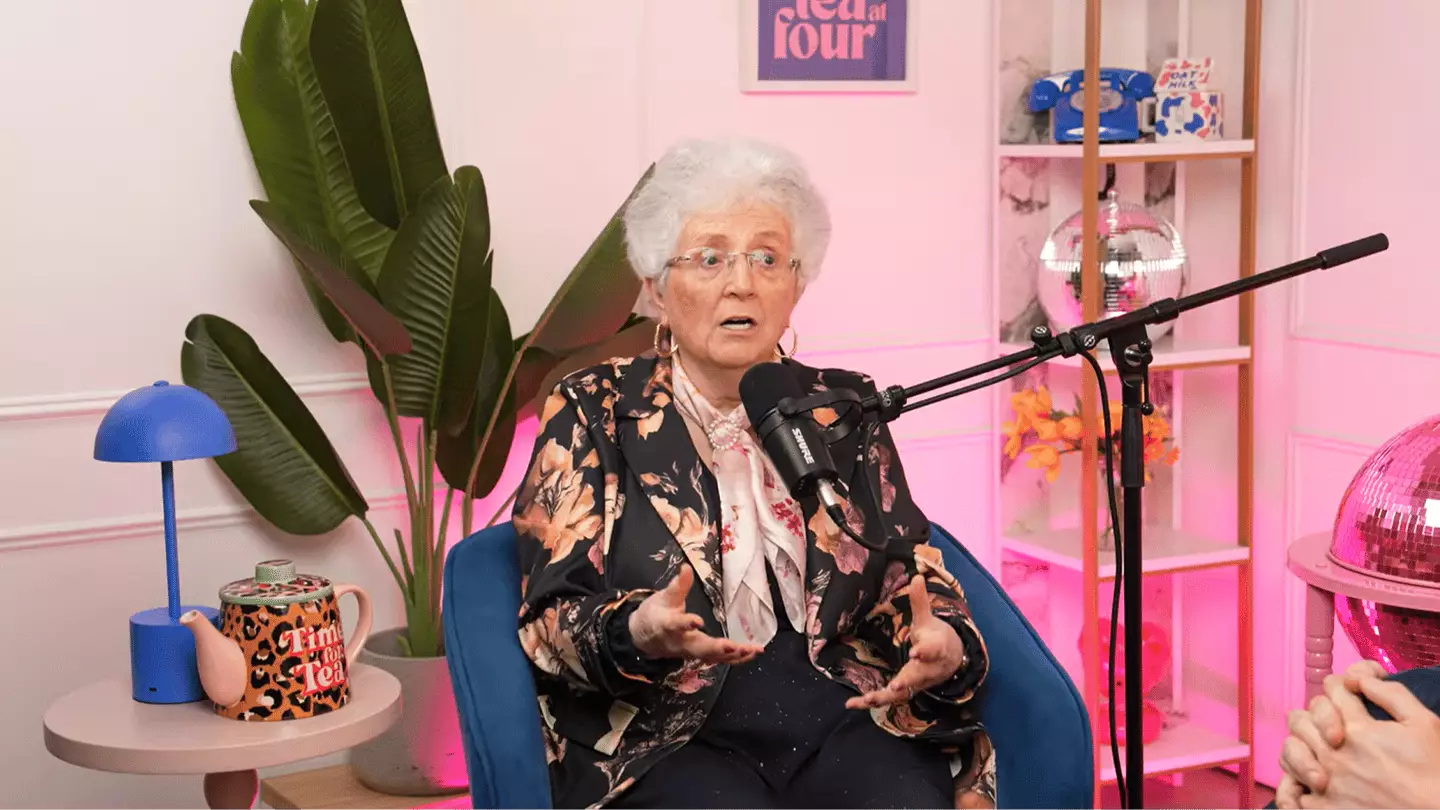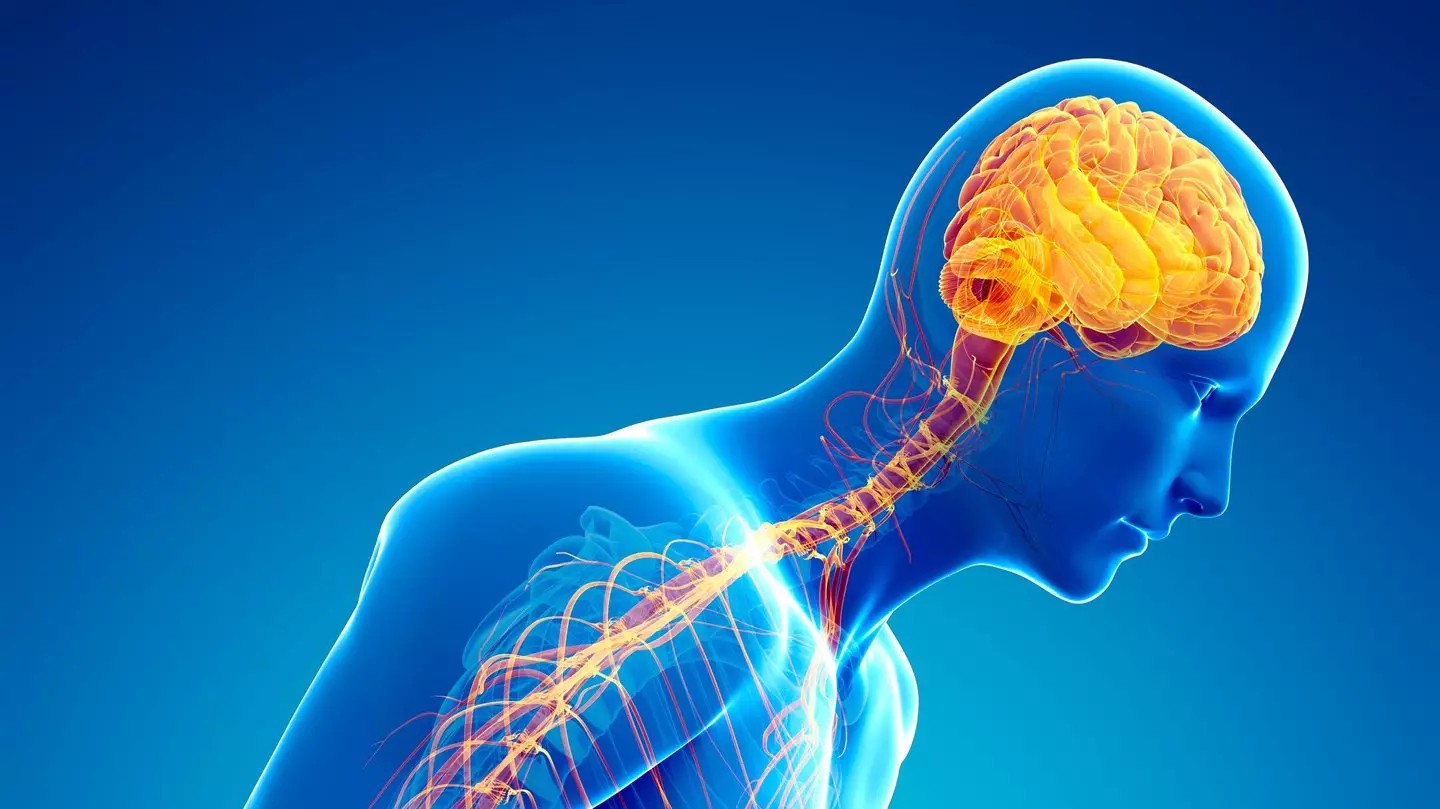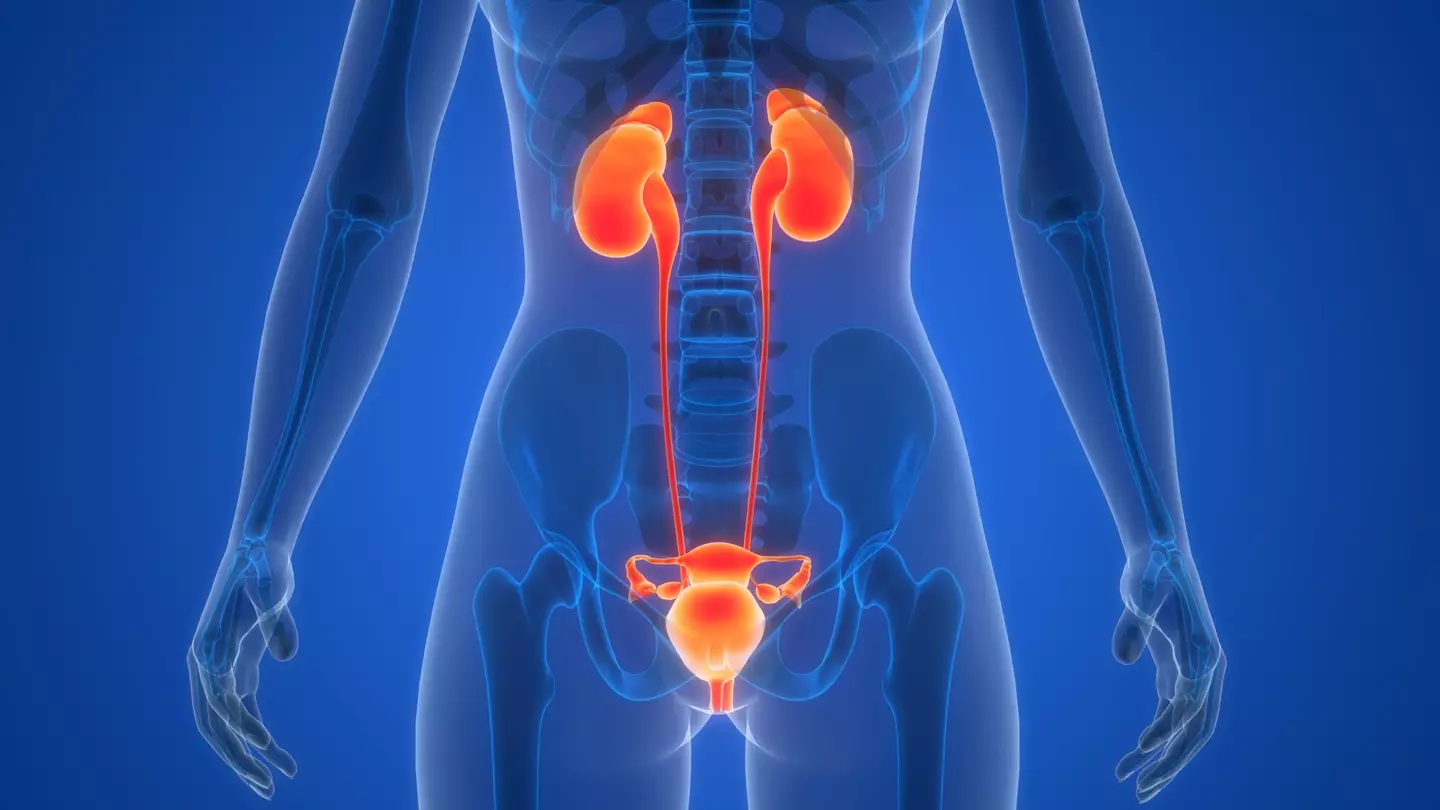
Life
The latest news, health, travel and lifestyle stories from around the world, all in one place.
30 Jan 2026

It can effect younger people too

Voy has since spoken out about the backlash over its 'men get hormonal too' campaign

One woman revealed how she saw instant results from the controversial bedroom beauty trend

Head of Instagram Adam Mosseri revealed the new feature in a post

The em dash is far from the only giveaway now...
29 Jan 2026

Approximately 40% of females experience this health condition at some point in their lives

Flo experts have emphasised that bathing while menstruating can have some major pros

There's apparently one specific star sign who is, according to the data, well up for receiving a raunchy snap

There are a number of potential reasons why you just can't get rid of that pesky cold

Luella was diagnosed with West Syndrome - a rare form of epilepsy that causes seizures in babies - at less than a year old

Caroline Vee was part of a born-again Christian group for 40 years

Parkinson's disease is degenerative neurological disorder that primarily affects movement due to damage to dopamine-producing nerve cells

Two-year-old Juwan was diagnosed with herpes simplex virus (HSV) in his eye after being kissed in the area by an acquaintance
.jpg)
Vitamin C is essential for growth and development, but there are downsides if you don't get it right
28 Jan 2026



17.5 million people are expected to be taking part in Dry January this year - here's what cutting out the booze taught me

People have taken to Reddit to share their personal experiences

"Completely worth every penny"

Over 510 women die of vulval cancer each year

Sex and relationships psychotherapist Katherine Cavallo also detailed why a lack of intimacy can destroy a once-passionate relationship



The cancer type is responsible for 685 deaths a year

